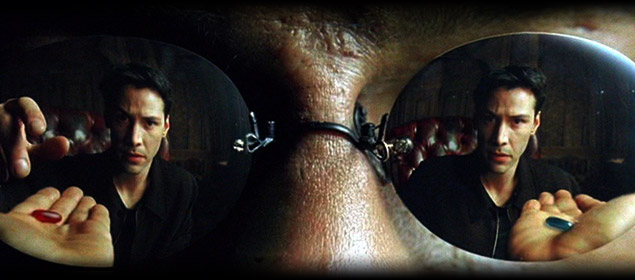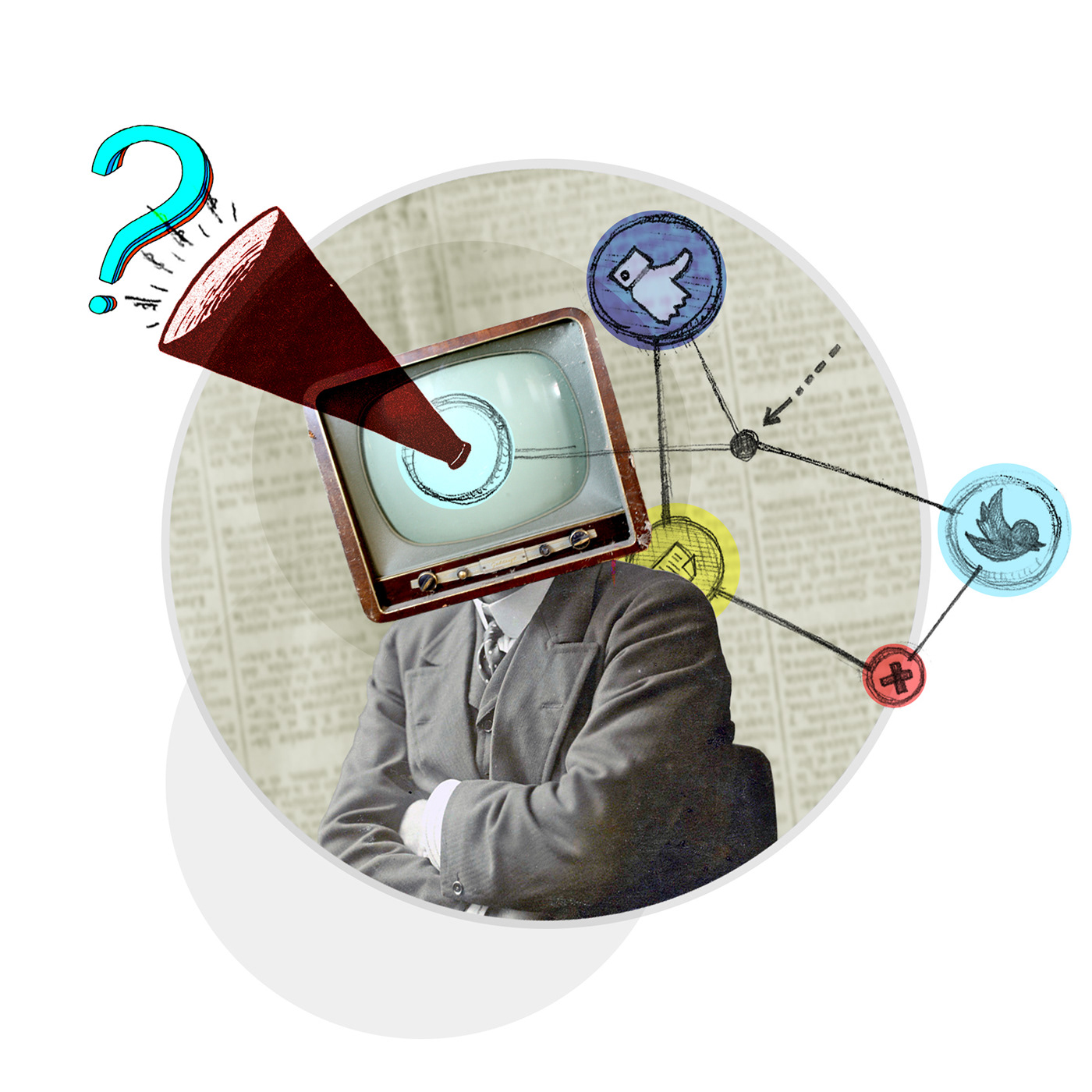The Rise Of Surveillance Capitalism. The truth.
As the book Funky Business puts it “the internet is neither good or bad- the internet just is.” Noting a few possible scenarios of how we could use the internet to do harm or good, the book goes to show that the simple inventory of all the things that could go wrong with the internet, also means missing the point and a lot of opportunity.
Today, almost 2 decades after the release of Funky Business, several other important business books are heavily criticizing the market capitalism, raising cause for concern on what capitalism is turning into in the internet, digitalized age. These theories bring to the forefront more of the negative scenarios that could potentially turn dark, in the internet age, stating valid reasons for concern.
Some of the predictions in these books have since come true, on both sides, good and bad, the whole nine yards.
We clearly see today how we are shifting to a new form of capitalism, something called “surveillance capitalism” as Soshana Zuboff predicted, e-business guru and former Harvard professor. This new kind of political and economical system predicted by Zuboff relies on a business model that is looking to hook us all together to this larger than life networks, constantly profiting off one valuable resource: our undivided attention, cashing in on customer data extraction.
Attention, a commodity that can be sold
But let’s just layoff for a while from books and theories and focus on attention (yeah, you read that right let’s focus on focus itself). You know how people usually say that “the internet offers free access to information” right? Well, think again. What if I told you that the information you are receiving, no matter the medium, is not really free. It comes at the cost of your attention. In other words, information consumes attention. And in the internet age, that means that attention is a commodity that can be sold. Now I know it all sounds straight out of a Morpheus meme, the charismatic Matrix character offering you a choice between the red and the blue pill, but it’s all true ( You hear that Mr. Anderson? That is the sound of inevitability).
There are studies that show the exact dollar figure of your attention down to the hour. For Youtube for example, your attention can be estimated as being worth 4 cents an hour , for the company (You can read more on what is called attention hijacking in “The attention economy is eating our brains” by Dorian Peters here).
Not only does the internet age create products out of your gray matter, but it can also lead to excessive surveillance and the atomization of a police state, proving extremely dangerous in the wrong hands.
For the time being having a VPN in place is a real solution to overturn the effects of excessive surveillance or of any surveillance for that matter. Having your consumer data travel trough an encrypted tunnel from end to end, such a simple yet effective tool as a VPN can prove really helpful for anyone valuing privacy, while bypassing geo-restrictions to access content worldwide.
AI, a game of clones
But the latest word buzz in technology is not surveillance, nor is it attention, it comes in the form of AI. Perhaps many of us know Elon Musk’s technology endeavors, when it comes to electric cars, high speed transportation, reusable cargo rockets or solar panels through Tesla, Hyperloop, Space X and Solar City. However fewer have heard of his neurotechnology company Neuralink. Neuralink is a neuroscience company basically looking to build an interface for the brain.
In the HBO series Axios, Elon Musk shares a few revelations about AI technologies and how we could avoid the dangers and employ it instead for the greater good of humanity:
“Probably a bigger risk than being hunted down by a drone is that AI would be used to make incredibly effective propaganda that we’re not seeing like propaganda, influence the direction of society, influence elections. Artificial intelligence just hones the message, hones the message, checks, looks at the feedback, makes the message slightly better within milliseconds, it can adapt its message and shift and react to news.” Elon Musk, Axios, HBO serie, season 1, episode 3 – watch an extract of the interview here.
When asked about the interface to the brain Neuralink is trying to develop and when could such an interface implant be available, Elon Musks says: “It’s probably on the order of a decade. And by the way, you kindda have this already, in a weird way in that you have a digital tertiary layer in the form of your phone, your computers, you basically have this computing devices that form a tertiary layer on your cognition. Already.”
Easy to understand why so many studies show that we are in fact hard wired to like these digital constructs that could one day become a part of our biology.
All in all, we don’t know wether Elon is an enthusiast when he predicts one decade until these new technologies could be out on the market or if it’s in fact an accurate estimation of time. They laughed at Jules Verne and boy have they laughed at Elon. In the end however, he seems to always have the last laugh, even if a little bitter.
Till then, reminding ourselves that attention is a finite resource, that putting our focus where we need it and leaving it there despite distractions is a job we have the responsibility to achieve on our own.



